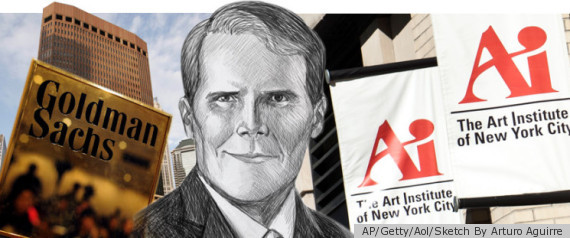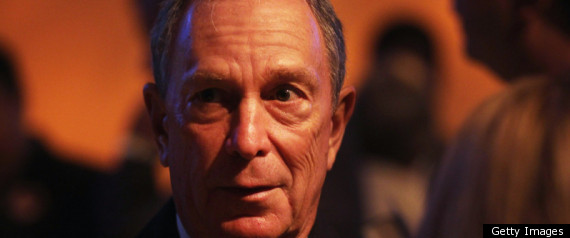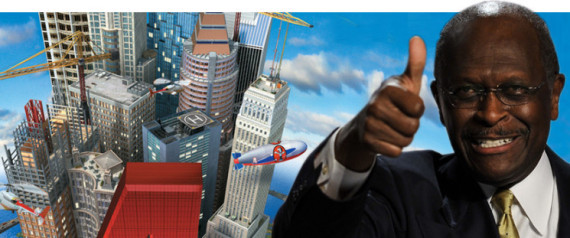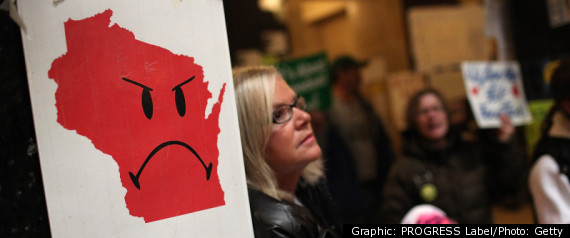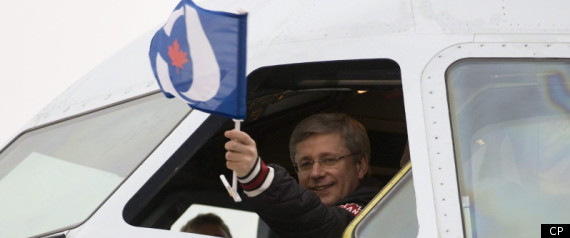In the Joan Didion essay "Goodbye to All That," the California born writer observes that it is not possible for people in the East to appreciate what New York City means to other Americans. "To an Eastern child, particularly a child who has always had an uncle on Wall Street and who has spent several hundred Saturdays first at F.A.O. Schwarz and being fitted for shoes at Best's and then waiting under the Biltmore clock and dancing to Lester Lanin, New York is just a city, albeit the city, a plausible place for people to live," she writes. "But to those of us who came from places where no one had heard of Lester Lanin and Grand Central Station was a Saturday radio program, where Wall Street and Fifth Avenue and Madison Avenue were not places at all but abstractions ("Money," and "High Fashion," and "The Hucksters"), New York was no mere city."
Instead it was "an infinitely romantic notion, the mysterious nexus of all love and money and power," and so it remains. The Occupy Wall Street protestors beat their drums in lower Manhattan within sight of big financial firms and their suits. But their chants aren't aimed at Goldman Sachs and its board, or junior executives who commute in from Connecticut, so much as the average American's idea of Wall Street. The symbol is what gives the protestors and their movement the bulk of its strength -- and it is, at the same time, the movement's fatal weakness.
How to explain this seeming contradiction?
Instead it was "an infinitely romantic notion, the mysterious nexus of all love and money and power," and so it remains. The Occupy Wall Street protestors beat their drums in lower Manhattan within sight of big financial firms and their suits. But their chants aren't aimed at Goldman Sachs and its board, or junior executives who commute in from Connecticut, so much as the average American's idea of Wall Street. The symbol is what gives the protestors and their movement the bulk of its strength -- and it is, at the same time, the movement's fatal weakness.
How to explain this seeming contradiction?


